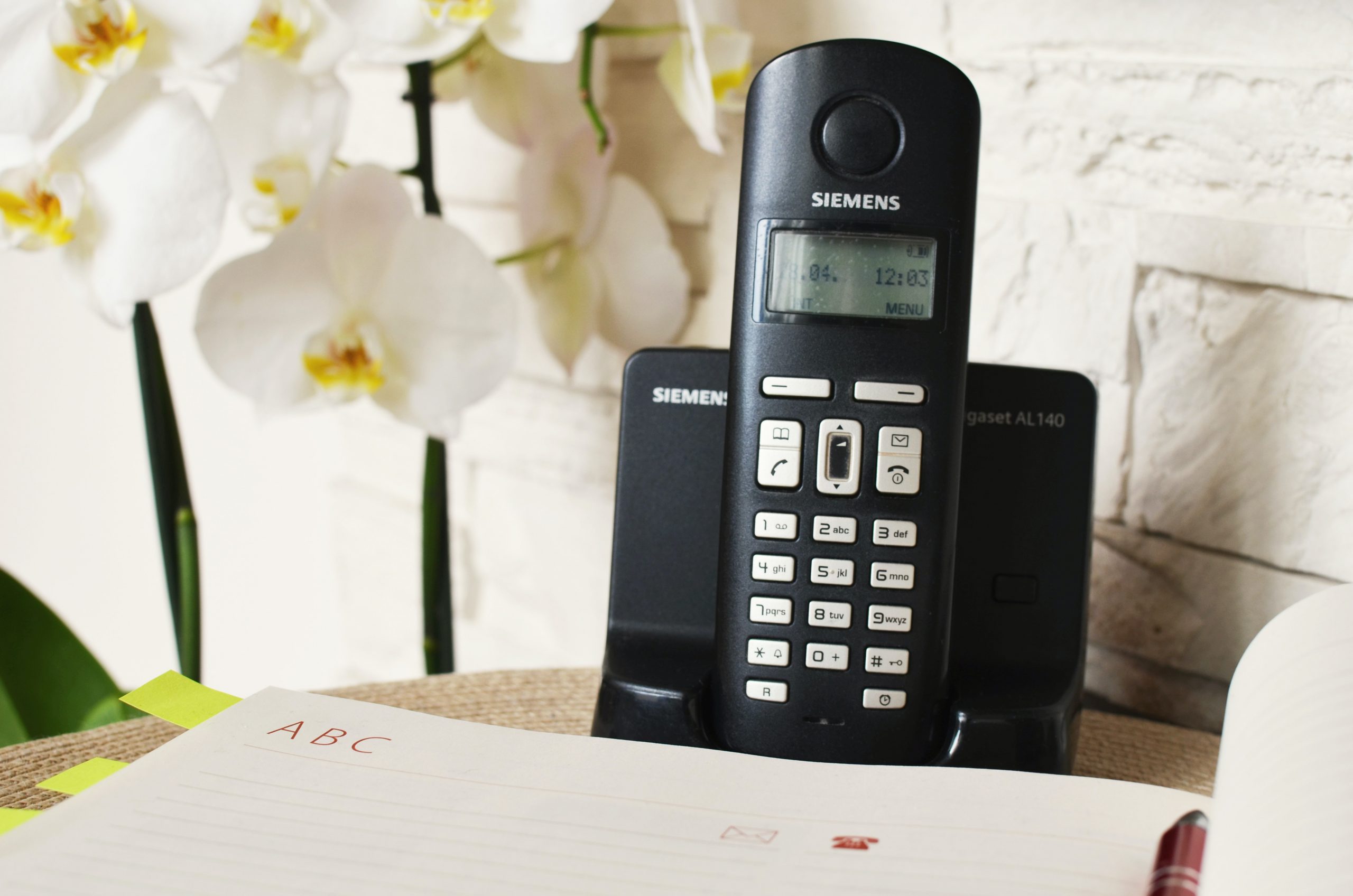
VoIP refers to voice over internet protocol. It is also known as IP telephony, internet telephony, broadband telephony. This technology converts voice signals into data and allows the user to make calls directly over the internet.
VoIP telephone service is more flexible than traditional telephone services. The VoIP user can make calls from any device like a smartphone, laptop, desktop, tablet. The services are advantageous for consumers and businesses because it includes such features, which does not exist in PSTN (public switched telephone network.) Some of the amazing features of VoIP services are voicemail, call recording, voicemail, email, and much more.
There are two main types of VoIP telephones; hardware-based and software-based. The physical appearance of hardware-based VoIP phones is similar to wired landline phones or cordless phones. They include a speaker, microphone, caller ID display, touchpad, etc.
The software-based VoIP phones are nothing but a programming code, which can be installed on any desktop and mobile devices like mobile phones, laptops, etc. It is also known as a softphone, and its interface resembles a handset with a touchpad and a display. To make the call headset equipped with a microphone and speaker is connected to the device. Also, the subscriber can make the call directly from the portable device if it is equipped with a microphone and speaker.
Almost all VoIP service providers offer both hardware and software-based services.
The most impressive feature of VoIP is that calls can be placed in a plethora of ways, and it depends upon the user’s choice. In this article, we will discuss 6 major types of VoIP services, which help you to choose the best voice communication solutions.
For more information you can click over here now.
6 Types Of VoIP Services
- Residential VoIP services
By subscribing to residential VoIP services, you can use your home internet connections to route the calls. With this service, you can even use your existing telephone to receive and make calls over the internet, and this can be done with the help of a modem. Generally, voice communication solution providers charge monthly subscription fees from the user. Some of the service providers also offer pay per use service, which means you need to pay for the minutes you actually used.
- Device-Based VoIP Services
In such a VoIP service, the service provider provides the VoIP device to the customer. He/she plugged it into your old landline phones, which enables you to make the calls in the whole country without paying any monthly bill.
- Software-Based VoIP Services
Nowadays, the demand for these services is at the peak. Around 50% of the world’s population uses it daily. You just need to install the software code on your desktop to enjoy software-based voice communication services. All you need is a high-speed internet connection. A common example of this kind of service is Skype call. To use this service you do not need to spend money on anything except the internet connection.
- Mobile-VoIP Services
The Mobile-VoIP services are very much similar to Software-Based VoIP services. The only difference is that applications are installed on mobile phones or other mobile devices in lieu of computers. This enables the user to make and receive calls from any place. WhatsApp and Google hangouts are examples of Mobile VoIP services.
- Business VoIP Services
This is the meat. The VoIP service is a cost-effective means of communication for business. It allows multiple users to connect via conference or group calls. Business VoIP services make it easier for employers to connect and collaborate with delegates. Typically there VoIP service providers offer two types of voice solutions to enterprises: on-premises and cloud-based.
To deploy on-premises VoIP systems, enterprises have to buy all the essential equipment on their own. Also, they need to pay fixed monthly charges to the service provider and hire an IT team to manage and maintain the equipment and network. On the other hand, cloud-VoIP systems are managed and maintained by third-party vendors. The business owner is not required to purchase expensive equipment and invest in maintenance staff.
The Bottom Line -:
You can choose any of the VoIP services as per your need and budget.




